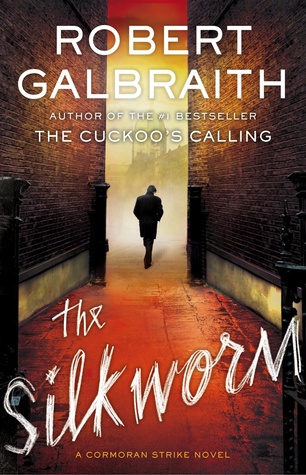 Let the Great World Spin, by Colum McCann
Let the Great World Spin, by Colum McCannA few years ago my husband and I watched "Man on Wire," the documentary film about Philippe Petit, the man who walked between the World Trade Center towers in 1974. I kept remembering that movie as I read Let the Great World Spin, as that breath-taking feat is the centerpiece of this novel. This was my take on the film:
It was a fascinating story of how they engineered this legal and amazingly daring feat, but in the end I was gravely disappointed in Petit's personal character. At times I felt it moved too slowly and jumped back and forth...and I wanted to cheer for Petit but was disappointed in the way the experience changed him.This is not the type of novel I'm typically drawn to, because I tend not to prefer short stories. But one of the benefits of being in a book group is being exposed to the types of books one wouldn't normally read. Well written, with a wonderful sense of setting, Let the Great World Spin tells the stories of a variety of different characters, many of whom encounter each other at some point in the day or in their lives.
But one of my major gripes with novels is when each chapter starts from the different perspective of a different character (can you say Game of Thrones?). And as soon as I grew to love a particular character or story (like the Irish priest John Corrigan and his brother Ciaran--the most interesting story), that story ends and we move onto someone else. So I found it a bit hard to sink into this novel, with all that moving around.
On the other hand, the novel tells the story of New York City in so many different slices...of the priest Corrigan who works amongst the prostitutes and dealers in the Bronx ghetto and loves a Latina single mom...of the prostitutes themselves, whose children become prostitutes...a Park Avenue mom befriending a black mother, both grieving their sons who died in Vietnam...a drug-addicted artist who finds herself involved in a hit and run...and a prostitute's daughter who was raised in love and stability, who returns to New York full circle...beautiful individual stories woven together...
A few of the stories didn't work for me...the hackers in California who call pay phones in New York to quiz passersby about what's going on between the towers, and the young graffiti artist who is also a photographer. I found these stories to be the least interesting and engaging.
I'm glad I read this novel, though...it was especially poignant to read this book during September, as we all remember the World Trade Center and 9/11.








